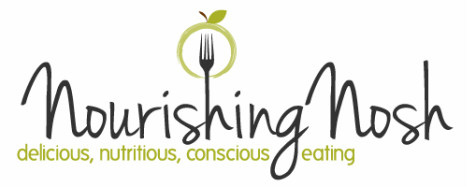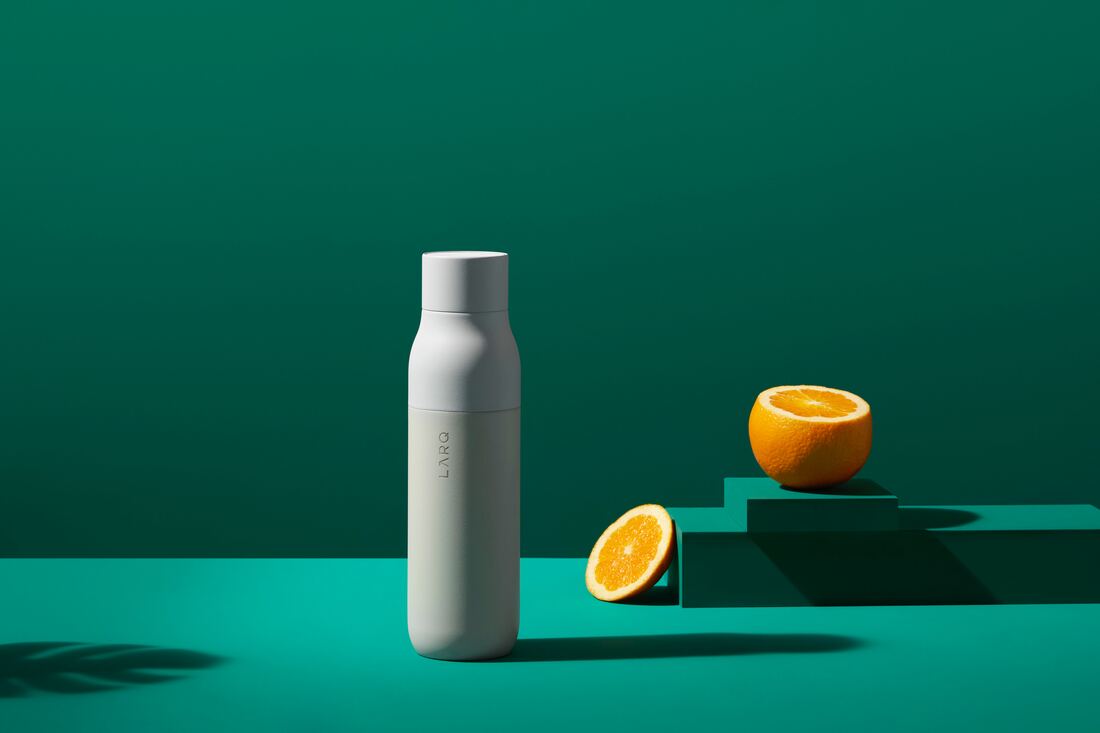|
Dry July is a catalyst for change for many people...
It's empowering to discover that you can actually cope incredibly well without the daily glass or 4. I know that drinking in moderation can be enormously difficult for many people. In fact, the latest evidence suggests that women in their 40s and 50s are hitting it harder than is beneficial for their health and more so than any other demographic. As Aussies, we are a fairly consistent bunch, we drink to celebrate, we drink to commiserate, we pop bubbles and beers to toast newly weds, end of the working week, end of a golf game, end of a tough day with the kids, to relax after a stressful day in the office, to escape the cold war with your partner or just to escape reality in general. It's all seemingly pretty thirsty work. Some people can ALWAYS stop at 2 and never have a problem with hangovers or post party paranoia, some have no "off switch" at all and beat themselves up mercilessly for dancing on tables or oversharing other people's intimate secrets. One too many broken tables can finally trigger the desire for change. Many toy with reductionism for years, finally realising that complete abstinence is the only way for them. There's nothing wrong with alcohol in moderation but in excess it damages cells, tissues and organs - think skin and liver, detoxification pathways, hormonal balance, mood and resilience - think tolerance with kids and family, sleep, memory and immunity. Excess alcohol causes inflammation and can increase the risk of many conditions such as Heart or Liver disease, alzheimers and dementia, neuropathy and almost all cancers including breast, colorectal and prostate. So Dry July, Feb Fast, NOvember all offer an opportunity to create a circuit breaker. Reducing alcohol could be done anytime really. it just seems to be easier for people when not drinking is more readily understood and accepted by friends and colleagues. There's simply not as much peer pressure and there's usually at least one friend abstaining with you. To this end, and to make those boycotting booze feel even better, we are focusing on the mighty dietary Combatants of Inflammation this month. You can increase your self love with foods that pack a hefty healing punch. Some powerful anti-inflammatory agents include antioxidants, omega 3 fatty acids and fibre. Anti-oxidants are mostly found in vegetables, legumes and fruit, but also occur in colourful whole grains, nuts and seeds, oily fish and to a lesser extent grass fed meat and dairy. To increase the anti-inflammatory power of your daily diet, eat more:
Foods to avoid will vary form person to person. For instance if you do not have an inflammatory condition, you can probably tolerate gluten and dairy, but if you suffer from an auto-immune disease or inflammatory condition it might be worth omitting under the supervision of a Nutritionist or Naturopath. Inflammatory/ Acidic foods to limit or avoid (see above)
Anti-oxidants help to neutralise and expel call damaging free radicals from the body, preventing oxidation and fighting inflammation which in turn lowers the risk of inflammatory conditions. Inflammatory conditions include Premature ageing, Auto-Immune Disease, Gout, Oedema, Headaches, Macular degeneration Hearing Loss, Alzheimers, Arthritis, Cancer, Diabetes, Excess weight or Obesity, Heart Disease, CVD, Metabolic syndrome, Allergies, Tendonitis, Digestive issues etc. If you would like anti-inflammatory dietary advice, please book in for an appointment or phone or e-mail for a free 10 minute phone call to see if I might be the right practitioner for you. There are a lot of resources to help you decide if your alcohol is on the high side and I will put together a resource sheet but for now, here are 3 resources. Helpguide Smartphone App - Daybreak (peer support) Dry July - oh and I am raising money for cancer research this year. Even $5 can help. OK, you really deserve that anti-oxidant rich purple bread recipe now, so here it is!
2 Comments
|
Categories
All
Archives
April 2021
|


 RSS Feed
RSS Feed